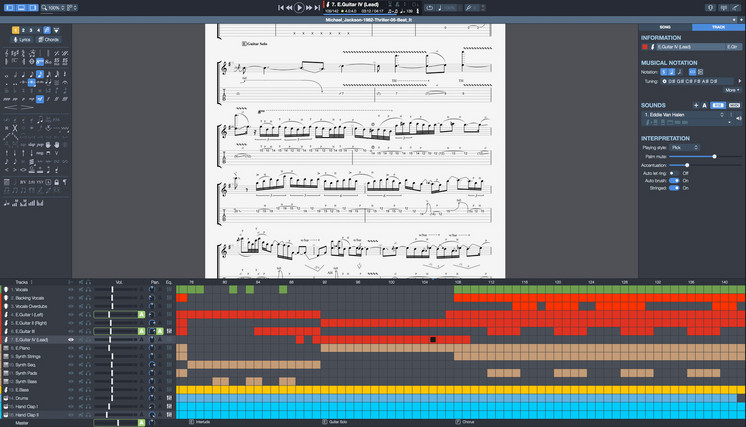

For information on how to resolve this, refer to the Audio Interface Troubleshooting Guide for your operating system linked in the Related Articles area at the bottom of this page.After entering or changing a chord shape in the fretboard, the tone on the lowest string is considered as the root. If you still don't get an output signal, there may be an issue with the configuration of your audio interface. You should now see (and hear) an output signal. If your Studio Monitors or Speakers feature a volume control, make sure this volume is also turned up.Ensure that the Master Volume slider is set to an acceptable level in the GUITAR RIG header.Turn up the Volume slider as well as the Dry and Wet sliders.

Open the PRESET VOLUME component by clicking the PRST button (vertical bar-lines) in the GUITAR RIG header and expand it by clicking the expand-tab on the far-right side of the rack unit.If so, this will block the audio signal from passing through GUITAR RIG! Click the Mute button, so it turns grey. Open the TUNER component by clicking the "tuning fork symbol" in the GUITAR RIG header and check if the Mute button is active.In this example, the speakers are connected to the outputs 1: Output 1 and 2: Output 2 of the audio interface (the output name might be different on your computer depending on which audio interface is used). Select the audio interface outputs that your speakers are connected to. Open the Preferences panel from the File menu and switch to the Audio tab, then click the Outputs button.

In the GUITAR RIG plug-in version, the routing is configured in the host sequencer. Note: Step 1 applies to the standalone version only. If the output meter is not displaying any signal level, follow the steps below: When playing your guitar into GUITAR RIG, the output meter in the GUITAR RIG header should display a signal level. For information on how to resolve this, refer to the Audio Interface Troubleshooting Guide for your operating system linked in the Related Articles area at the bottom of this page. If you still don't get an input signal, there may be an issue with the configuration of your audio interface.


 0 kommentar(er)
0 kommentar(er)
